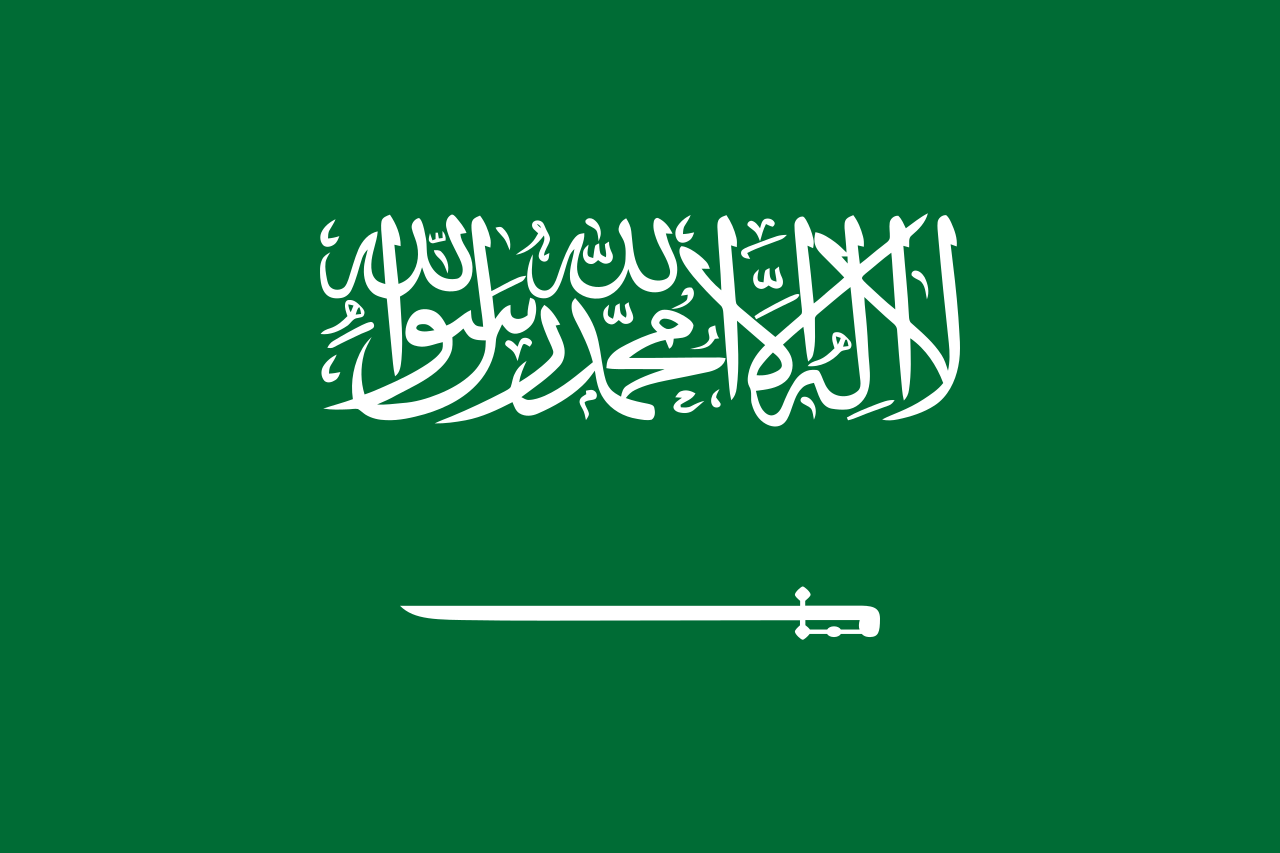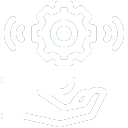Duration 5 Days
Introduction
This course is aimed at non-chemical engineers who need an overview of the function, principles, requirements, and operation of typical chemical process equipment and who need to communicate effectively with chemical / process engineers by gaining a basic understanding of the operational factors and design equations that are used by chemical engineers and how chemical engineering relates to their disciplines.
Who Should Attend
Mechanical, electrical, civil, industrial, construction and other engineers who need to communicate effectively with chemical / process engineers. The course has been designed for delegates with tertiary engineering qualifications.
Course Objectives
- To interpret flow sheets and process flow diagrams
- Develop and understand mass and energy balances in process design
- Learn about fluid flow, pumps and compressors, and mixing
- Discuss heat transfer equipment and their design, including heat exchangers
- Understand distillation and separations used in oil and gas processing
- Discuss waste treatment minimization and treatment
- Learn how to control processes
- Perform a basic economic analysis of a project
- Understand the safety and environmental responsibility of process engineering
Course Outlines
- Chemical Engineering
- Role of chemical engineer
- Scope of chemical engineering design
- Project execution
- Plant operation
- Interaction with other engineering disciplines
- Chemical Engineering drawings and design documents.
- Process Flow Diagram
- Mechanical Flow Diagram
- Chemical Engineering Equipment
- Gas Laws - Ideal gas laws and the relation of pressure, temperature and volume (isothermal, adiabatic)
- Mass, component and energy balances
- Over individual units
- Chemical Reactions
- Material balance on a system with a chemical reaction
- The use of catalysts
- Reaction stoichiometry
- Reaction equilibrium
- Reaction kinetics
- Difference between equilibrium and rate of reaction
- Endothermic and exothermic reactions
- Selectivity and efficiency
- Chemical Reactors
- Batch and continuous operation
- Types of reactor -Plug flow, CSTR, etc
- Equivalence of reaction time and residence time
- Different types of industrial reactors
- Thermodynamics and Equilibrium
- Material balance on a process or unit operation containing an ideal gas
- The impact of equilibrium on the process
- Flow of Fluids, Liquids, and Gases \Hydraulics
- Friction, pressure drop, pumps and flow measurements
- Compressors
- Concepts of fluid flow: friction and pressure drop (pipes and fittings valves, elbows, Ts)
- Pumps, compressors, turbines: overview and description (temperature changes)
- Distillation Fundamentals
- Concept of Vapour-Liquid and Vapour-Liquid-Liquid equilibrium
- Interpret a binary equilibrium curve
- Azeotropes
- Distillation flow scheme
- Distillation equipment
- Main variables which affect column operation
- Distillation application (two component example)
- Other separation technologies
- Heat Transfer
- Heat exchangers and heat exchanger networks
- Concepts of conduction, convection (also condensation and boiling) and radiant heat transfer:
- Heat transfer equipment: types and uses
- Cooling Towers
- Basic introduction to fundamentals, humidity, wet bulb, dew point (Humidification, Dehumidification, Cooling Tower Fundamentals)
- Tanks, Pressure Vessels, Loading, Dispatch, Logistics etc
- Basics of Process Control
- Elements of a control system and types of control methods
- Pressure, level, temperature and flow measurement techniques
 العربية
العربية





